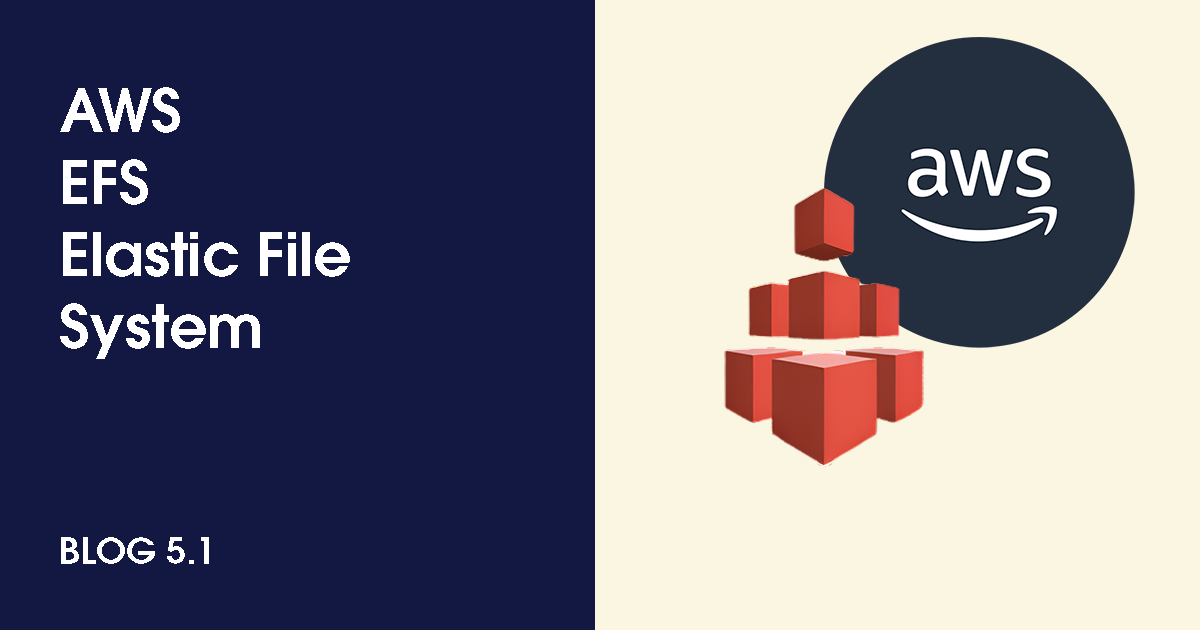AWS EFS (Elastic File System)
 Aaril Ansari
Aaril Ansari
EFS is like a shared folder on the network. Multiple servers can access it at the same time. It automatically grows and shrinks as you add or remove files. It's great if you need a common storage space for many servers, like for web content or shared data.
It can be mount on any directory in your operating system or instance.
It is scalable, elastic and cloud native.
If you have clusters of servers and want to store data at one centralized place, EFS is the best solution. You may wonder why can't we use EBS (Elastic Block Storage) instead of EFS?
Why not EBS?
EBS is only for one instance at a time, it's like a hard drive attached to a specific server. Only one server can access it at a time (unless you use advanced configurations). It's ideal if you need storage for just one server, like for its operating system or applications.
Whereas, You can mount EFS for multiple instances that is why it's called shared file system.
Use Cases :
Containers and server-less application : Containers can share data via a common file system, which is particularly useful for microservices architectures where different containers may need to access shared data.
Analytics and machine learning : EFS provides scalable, high-throughput storage that can be accessed by multiple compute nodes simultaneously, making it ideal for processing big data.
Web Serving & Content Management : Multiple web servers can access the same file system, making it easy to manage and serve dynamic web content in a consistent manner across a fleet of servers.
Media and Entertainment : EFS can store large files and provide the necessary throughput to handle demanding media workflows, with easy access from multiple compute instances.
Database Backups : EFS automatically replicates data across multiple Availability Zones, providing high durability and availability, which is essential for backup and disaster recovery scenarios.
NFS Protocol :
NFS stands for Network file system, which is a protocol that allows computers to share files over a network.
If you want different computers or servers to access the same files stored on something like an Amazon EFS, they use NFS protocol to do that.
AWS EFS (Elastic File System) uses the NFS (Network File System) protocol to allow multiple EC2 instances and on-premises servers to access and share a file system over a network. This makes EFS act like a shared network drive, with NFS enabling the communication between the servers and the EFS storage.
Subscribe to my newsletter
Read articles from Aaril Ansari directly inside your inbox. Subscribe to the newsletter, and don't miss out.
Written by
